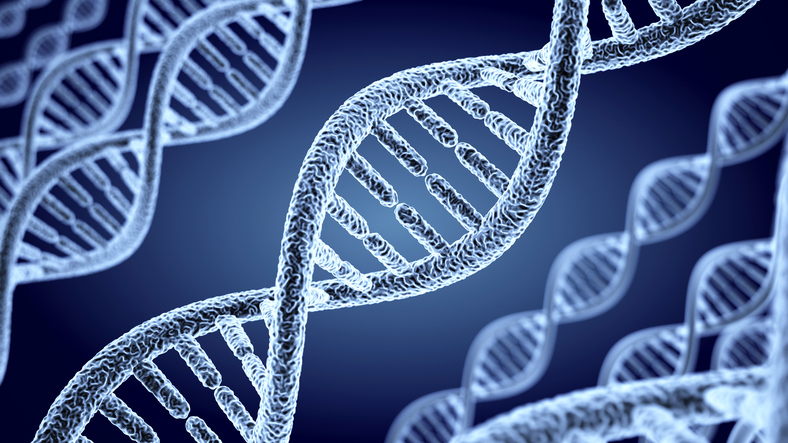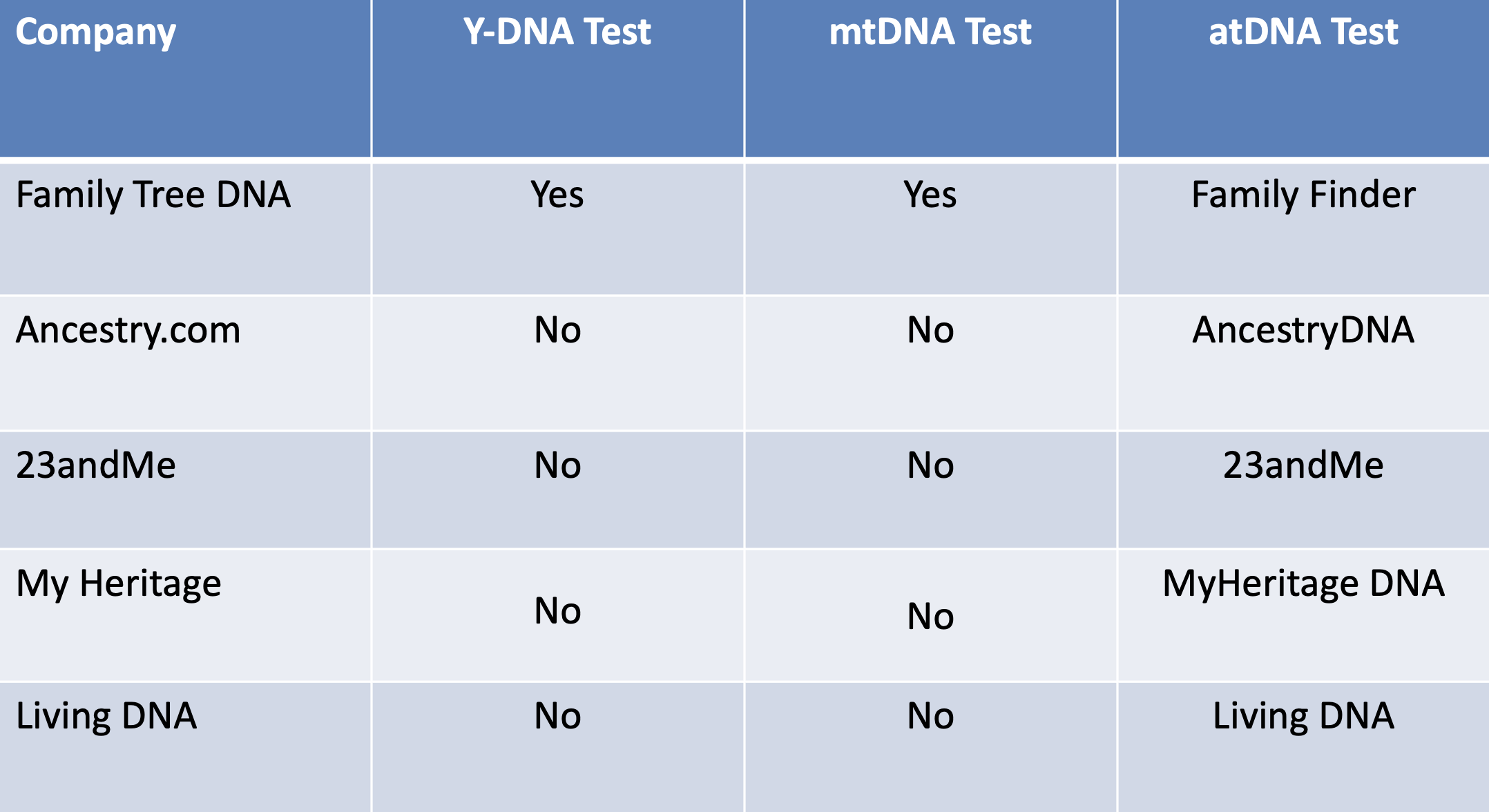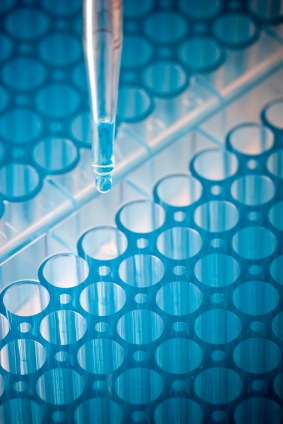- Home
- Testing Companies
The Best DNA Testing Companies

There are only five best DNA testing companies for genetic genealogy:
Click any of the above links to check current prices. Then continue reading to learn more and compare their strengths and limitations.
When you do one of these tests, your results will be compared to every other person who has taken that test or will take it in the future.
While they also report such things as ethnicity or haplogroups, your list of genetic matches is the most important finding for genealogists and adoptees.
The following table shows the five best DNA testing companies for genetic genealogy and the types of DNA testing they offer.

The Best DNA Testing Companies for Genealogy
Here is a brief introduction to these five best DNA testing companies including strengths and limitations. To visit a company’s website to learn more or check current pricing, simply click the link.
Family Tree DNA
Family Tree DNA is the oldest of the best DNA testing companies. They began doing Y-DNA and mitochondrial DNA tests more than 20 years ago. They sponsor more than 10,000 DNA projects all run by volunteer administrators.
Since they offer every test type, Family Tree DNA will attempt to save your sample for up to 25 years. When you order another test type or upgrade a Y-DNA or mtDNA test, you can do so without having to submit another sample.
TIP: Test your older relatives here in case they are no longer around for further testing.
Strengths
• Genetic matches identified by name and email
• Accepts free uploads from other autosomal DNA tests into Family Finder
• Small one-time fee opens all tools for uploads
• Includes detailed segment data on matches
• Innovative tools include Family Matching System and Chromosome Painter
Limitations
• Small autosomal DNA database
• Ethnicity report lacks specificity
AncestryDNA
Ancestry has billions of genealogical records available by subscription. As genetic genealogy became popular, adding their own AncestryDNA test was an obvious move. Testing here is a great way to merge the power of DNA testing with the paper trail of your ancestors
Strengths
• The largest autosomal DNA database
• Many matches will have trees posted on site
• Ethnicity report supplemented by genetic communities
• Innovative tools include ThruLines
Limitations
• Does not accept uploads from other tests
• Does not provide segment data or a chromosome browser
• Subscription required for research features
23andMe
The primary focus of 23andMe has always been the health side of DNA. Yet they were the ones that pioneered the genetic matching feature of autosomal DNA testing. Autosomal DNA testing is now offered by all of the best DNA testing companies.
You can order just their Ancestry Service without health reports or pay extra to learn about genetic health risks, carrier status, and your body’s ability to process certain medications.
Strengths
• The second largest autosomal DNA database
• The most detailed & feature-rich ethnicity report
• Reports Neanderthal Ancestry
• Checks enough Y-DNA & mtDNA to report haplogroups
• Includes segment data for those matches willing to share genomes
Limitations
• Does not accept uploads from other tests
• Caps number of matches at 1,500 without an optional subscription
• No GEDCOM file uploads
MyHeritage DNA
MyHeritage is a competitor of Ancestry in the genealogical records field. MyHeritage DNA is the most popular DNA test in Europe. That means Americans with European ancestry are more likely to find European cousins among your matches.
Their DNA Quest program provided thousands of free DNA tests to adoptees and the families searching for them.
Strengths
• Yields more matches from people living in Europe
• Third largest autosomal DNA database
• Accepts free uploads from other tests
• Small one-time fee opens all tools & ethnicity estimate for uploads
• Ethnicity reports supplemented by 2100 genetic groups
• Innovative tools include AutoClusters and Theory of Family Relativity
Limitations
• Subscription required for research features
Living DNA
This British company followed up a DNA study by Oxford University called Peoples of the British Isles. By testing people whose ancestors had lived in the same place for generations, it was possible to find genetic differences among different sub-regions.
Living DNA is doing similar research in other areas such as Ireland and Germany. They also offer what they call a wellbeing test.
Strengths
• Can break down British ancestry into 21 sub-regions
• Checks enough Y-DNA & mtDNA to report haplogroups
Limitations
• Smallest autosomal database
• No chromosome browser
• No GEDCOM file uploads
From Which Countries Can You Order These Tests?
If you live outside the United States, you may or may not be able to order certain DNA tests. To see which companies sell DNA tests in which countries, see World of DNA.

Whole Genome Sequencing
Each of the preceding tests will check about 700,000 locations in your DNA. That has proven to be an optimal amount for genealogy matching purposes. But it's just a fraction of your total DNA.
Now you can decode 100% of your DNA through Whole Genome Sequencing.
This provides an exceptional level of depth and accuracy in analyzing your genetic makeup. It enables a thorough examination of your entire genome, with important insights into your health, nutrition, well-being, and potential genetic predispositions.
After your genome just once, you can explore your genetic information at any time. Explore emerging research findings, discover new connections, and gain deeper insights into your genetic profile whenever you desire.
I have used both of these companies for whole genome sequencing. Use the links to learn more and see current pricing.
Don't Waste Your Money
There are many other companies offering DNA tests online. Some use old technology that produces inferior results. If a company is not included in the Best DNA Testing Companies list on this page, save your money.
Other companies claim to provide insights from your DNA that are not possible now and maybe never. The following article debunks one example:
Can DNA Testing Offer Personalized Diet Advice? Nope, Not Yet.
Artifact DNA Testing
To obtain the DNA of our deceased ancestors, a few companies will attempt to extract usable DNA from various artifacts.
This might include envelopes and stamps licked with their saliva, hair left behind in hairbrushes and hat bands, bloodstains, toothbrushes, dentures, hearing aids, smoking pipes, electric razor debris, eyeglasses, watches, jewelry, or anything else that might pick up skin cells.
To learn more and see links to specific testing companies see this page on Artifact DNA Testing.